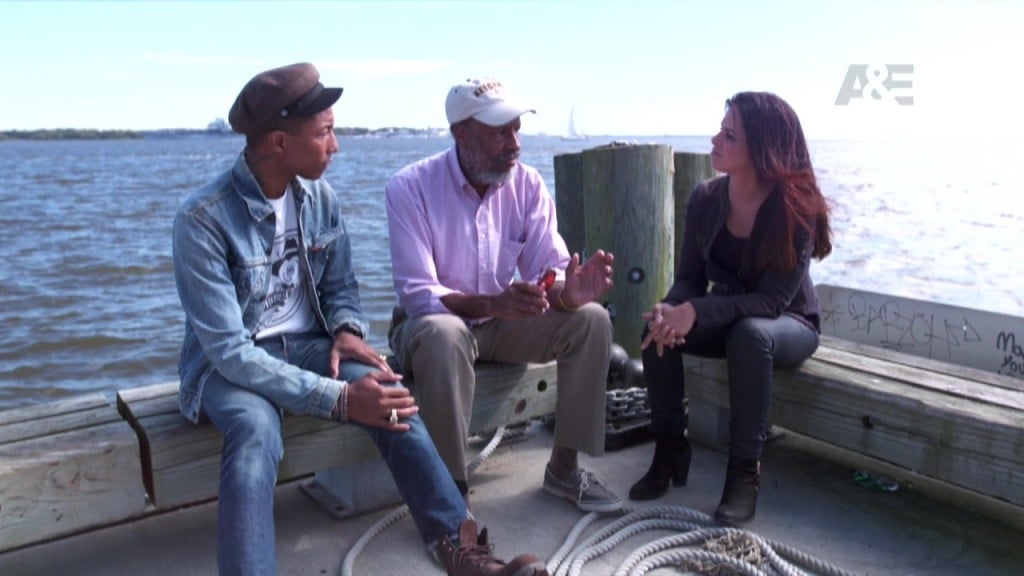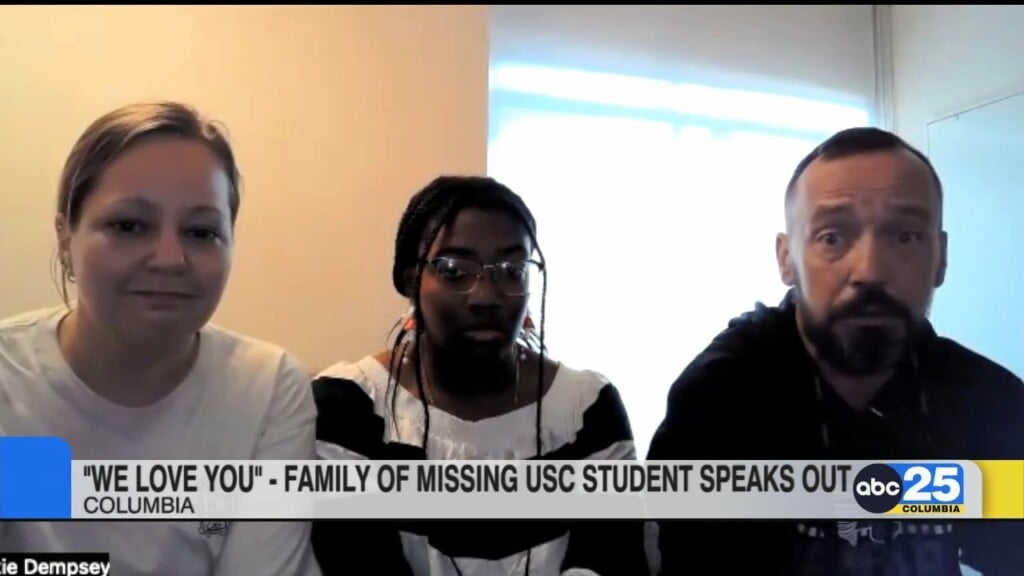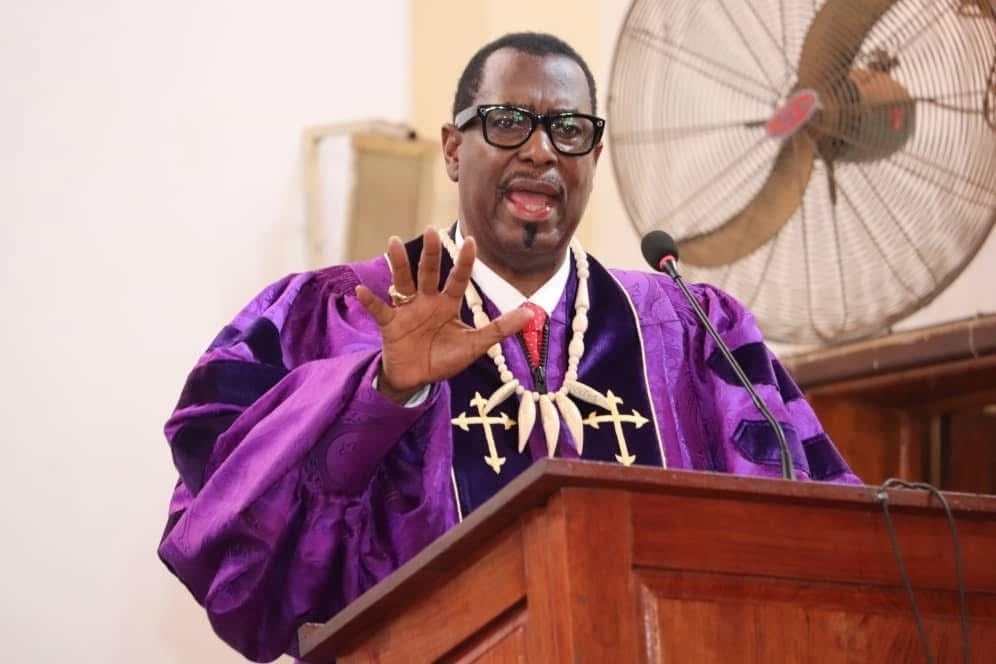Emanuel AME Special with Pharrell Williams Airs Friday

CHARLESTON, S.C. (WCIV) — From Emanuel AME to Sanders Clyde, Pharrell Williams spent time touring the city of Charleston earlier this month meeting with churchgoers and students to talk about race relations.
But it was his visit to the Aquarium Wharf ahead of a closed town hall event during a meeting with College of Charleston professor Dr. Bernard Powers that Williams realized his ancestors may have passed through this historic port city during the slave trade.
“So nine times out of 10, being from Virginia via North Carolina and South Carolina, my ancestors probably –” Williams said.
“They probably came in through here,” Powers told him as Williams looked around at the wharf. “There’s a great likelihood that you would trace it back to someone who came by this water and stepped on this land right here that we’re facing.”
In video shot for a Friday, Nov. 20, special on A&E released to ABC News 4, Williams and broadcast journalist Soledad O’Brien talked to Powers about the history of the city and the slave trade.
Story continues below video
WCIV-TV | ABC News 4 – Charleston News, Sports, Weather
Powers said an estimated 40 percent of American slaves arrived in the Charleston Harbor. As they walked along the dock surrounded by condos, greenspace, and tourist attractions, Powers described the area as a sacred space.
“This is sacred ground because this is where the slave ships came in and they docked right along here, along this area where the museum is going to go up,” Powers said, talking about plans for the $75 million International African American Museum.
Powers said it’s an important spot in the history of America and for African Americans. O’Brien asked if there was a monument built or a plaque noting the location’s importance.
Powers said there wasn’t, saying that’s one of the issues that’s faced for people in Charleston, the South, and across the country: the sites of importance in the history of African Americans goes largely unrecognized.
Instead, Powers says with Charleston and South Carolina being a stronghold of the Confederacy during the Civil War, there’s more of a recognition to the men who wore gray uniforms with monuments and memorials.
“So you celebrate the war but you don’t celebrate the very reason for the war?” Williams asked.
“Even today in 2015, there are many people who would question whether slavery was in fact the reason for the Civil War,” Powers said.
The three also discussed the fight to remove the Confederate Flag from the Statehouse grounds that took place after the Emanuel AME shooting. Powers said he thought most people had reconciled the change and didn’t find it to be a problem any longer, but said there are still those who push back against it and display multiple flags on their private property as a form of protest.
At Sanders Clyde School in downtown Charleston, just a few blocks from Emanuel AME, Williams and O’Brien also met with a group of backpack journalists to talk about their thoughts on race relations in Charleston.
The questions are difficult for adults, but the Sanders Clyde children were urged to share their perspectives: what would solve the problems between the races?
“Coletta Washington said three things — I am, I can, and I will so start with a neighborhood and the community to come together as one instead of being black and white and Hispanics and all other cultures,” said one of the students.
Another said he would release doves every year as a sign of freedom. Yet another said he thought a march across the Ravenel Bridge to remember those people killed fighting for rights would help.
Two boys in the class said they wanted to be president one day.
“I think if I can become president I can change a lot of things in the nation, like how people think of different kinds of race so that people feel like they are all one race,” one of the boys said. “The president has most of the power so he can make it a rule that no one can be discriminated.”
As one might expect, many of the children were shy when meeting the award winning musician, but Williams, sitting in a small circle with the class, urged them to speak up and be heard.
“Listen, I am surrounded by power, capability, ability, so much potential, so I want those kinds of backpack journalist solutions. We’ve come here for a special reason,” he told them.
Friday’s two-hour concert special on A&E will also air on HISTORY, Lifetime, H2, LMN and FYI, as well as on more than 130 iHeartMedia broadcast radio stations and AOL. The hour-long conversation on race following the concert will just air on A&E.
A&E said tickets for the concert sold out in three hours and raised more than $150,000 for the Fund for Progress on Race in America via The United Way Worldwide.
Photos and video courtesy of ABC News 4

